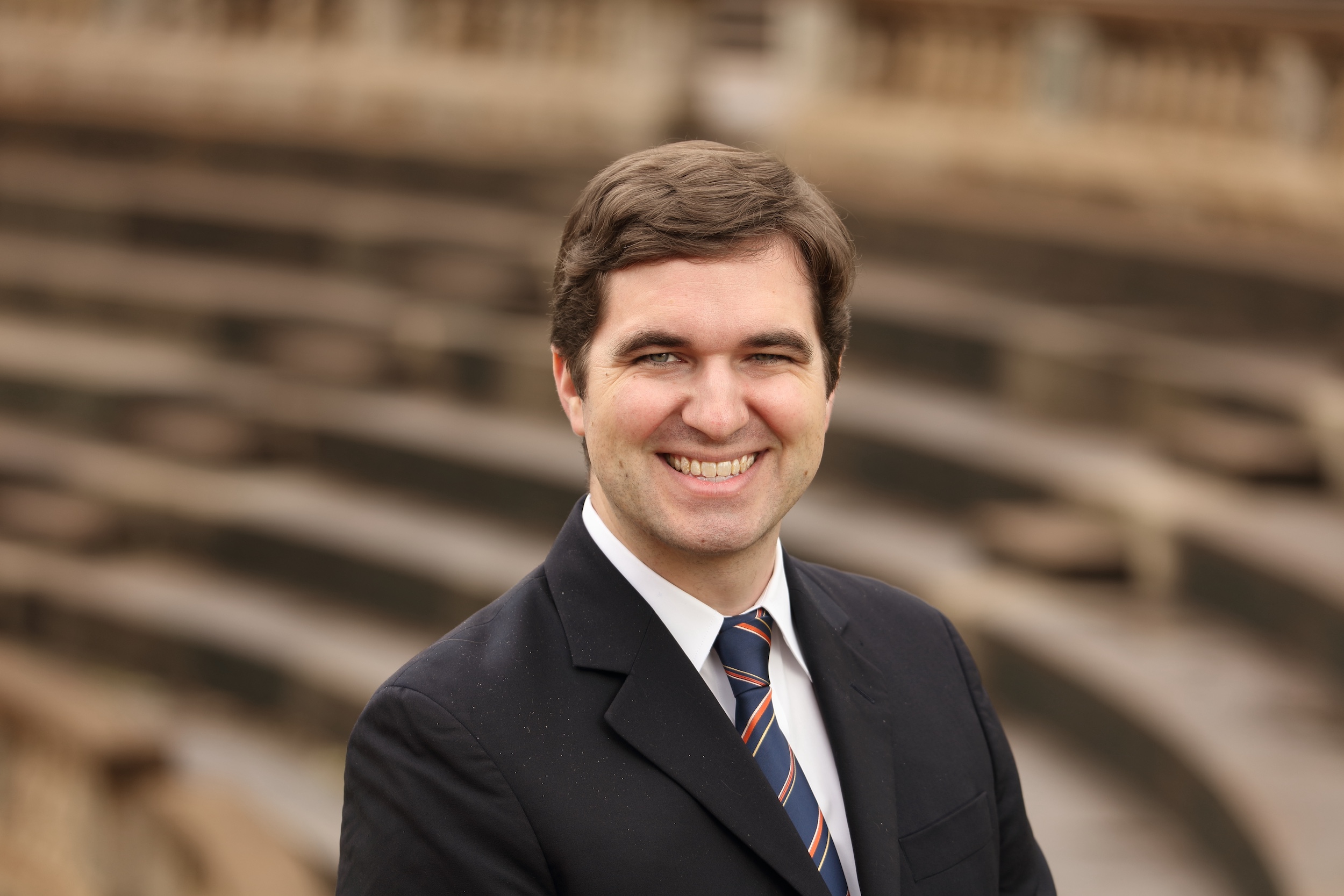Just How Unorthodox? Assessing Lawmaking on Omnibus Spending Bills
Scholars commonly observe that lawmaking in Congress has transitioned from the textbook system of “regular order” in which power was decentralized in committees and lawmaking followed a formal process to one of “unorthodox lawmaking” characterized by the centralization of power in party leaders and a lack of formal process. It is debated whether this change marks a decline in Congress’s lawmaking capacity, or is a procedural adaptation that has allowed Congress to remain productive despite high levels of partisanship. In this paper published in The Forum, Molly Reynolds of The Brookings Institution (and Center for Effective Lawmaking Faculty Affiliate) and Peter Hanson, Associate Professor of Political Science at Grinnell College, maintain that lawmaking in Congress varies along two dimensions: formality of process and centralization of power. They analyze non-spending bills added to omnibus appropriations packages to demonstrate that lawmaking on these bills is informal and decentralized. Rank-and-file members retain a capacity to place matters on the legislative agenda and authorizing committees retain gatekeeping and policymaking authority. The process through which add-ons are approved is also bipartisan. Their findings demonstrate that this style of lawmaking is a procedural adaptation used by members to pass legislation important to their districts and in which committees continue to play an important deliberative role.
To learn more, read the full paper here.



